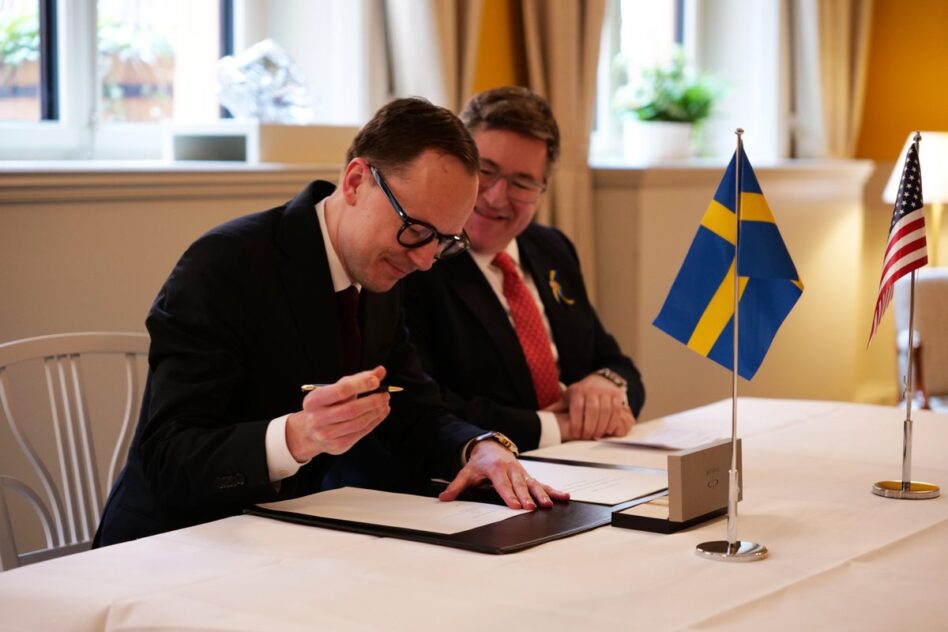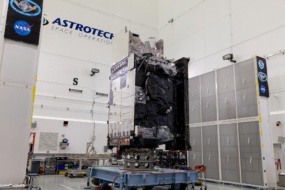NASA has been building up its team of responsible space actors, and this week, it brought on two new recruits.
Sweden and Switzerland became the newest signatories of the Artemis Accords over the last two days, bringing the total membership to 38. By signing, the two countries agreed to behave cooperatively and responsibly on missions to the Moon—a prerequisite for participating in NASA’s Artemis program, though not all signatories will fly on lunar missions.
Out of 22 ESA member nations, 14 have now signed the accords—a strong symbol of collaboration between the US and Europe on the grand goal of returning humans to the lunar surface.
The Swiss side: Switzerland isn’t new to the space game. It was a founding member of ESA, and opened its own domestic space office back in 1998. Swiss engineers have contributed scientific instruments and manufacturing support for a number of space missions in collaboration with NASA over the years.
“Switzerland has a long-standing partnership with NASA on human space exploration as well as space and Earth sciences,” Swiss Federal Councillor Guy Parmelin said in a statement. “With the signature of the Artemis Accords we renew our commitment to jointly explore the heavens above us.”
NASA Administrator Bill Nelson also pointed out that Switzerland signed the accords despite its longstanding policy of neutrality.
The Swedish side: Sweden’s signing of the accords came as more of a surprise, via an announcement on X of an unannounced meeting that took place in Stockholm.
“The United States and Sweden share the same bedrock principles, and we’re excited to expand these principles to the cosmos,” Nelson said in a statement.
US vs. them: The Artemis Accords signatories have been the US’ de facto team for this era of lunar exploration, but there’s a challenger out there. China and Russia have been bringing on signatories to participate in their Moon base, dubbed the International Lunar Research Station (ILRS). Thailand and Turkey each agreed to participate in the project earlier this month.
As for the US, the teambuilding isn’t done. NASA’s release reaffirmed its commitment to bringing on more partners, saying that “many more countries are anticipated to join the Artemis Accords in the months and years to come.”




